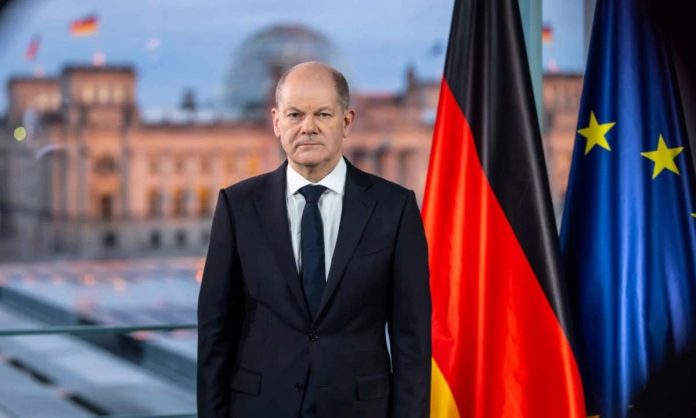Recent events in Germany testify to serious challenges to the ruling coalition under the guidance of Chancellor Olaf Soltz. According to the Chancellor, the support of Ukraine in the context of geopolitical conflicts was the reason for the collapse of the ratings of his party Social Democratic Party of Germany (SPD), as well as the entire traffic light.
Der Spiegel reports that the chancellor indicates that the ruling coalition is forced to deal with several crises: conflicts in Ukraine and the Middle East, inflation, climate change and more.
The result of all this was the rise of right in Europe and in Germany. This ascent "after September elections in Brandenburg, Saxony and Turing can have serious consequences." The German magazine notes that in all three lands of law, an "alternative for Germany" is leading, while the Scholz Party is lagging behind, and in Turing and Saxony, less than 10% of the vote would now receive.
Olaf Sholtz considers the prospect of possible participation of "alternative for Germany" in the formation of land governments "depressing". But at the same time he expressed his hope that this would not happen and other parties would not allow it. Scholtz suggested that the regional branch of his SPD should "determine the attitude to the Union of Sarah Wagenknecht" on the issue of participation of this new political association in land coalitions.
When asked by a journalist why "only 7%in the East of the SPD is in the east", Scholt confessed that not everything went according to the plan. For example, on the lands of the GDR "there are many citizens who do not agree that we support Ukraine." And it affected the ranking of his party.
Scholz, however, is not going to change the course. "There is no question." Scholz insists that Vladimir Putin "has refused the existing decade of agreement on peace in Europe." Therefore, the German Chancellor considers the right and continue to adhere to his "course of prudence": restrained weapons, but not completely reject peace talks.


